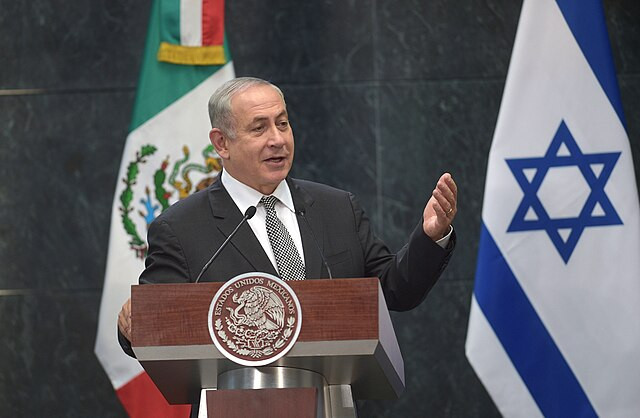Israeli Prime Minister Benjamin Netanyahu has pledged to permanently reoccupy parts of the Gaza Strip and displace its civilian population following the cabinet's approval of a sweeping military plan, codenamed "Gideon's Chariots." The operation, which a senior Israeli official said aims to "completely defeat Hamas," will commence if no ceasefire or hostage deal is reached by the time U.S. President Donald Trump arrives in the Middle East next week.
"There will be a movement of the population to protect them," Netanyahu said Monday in a video posted on X, indicating that civilians would be relocated southward within Gaza before the Israel Defense Forces begin their full-scale ground invasion. "We're not going to enter and then exit the area, only to carry out raids afterward. That's not the plan."
The Israeli security cabinet voted unanimously Sunday night to approve the expanded military action, which includes the mobilization of up to 70,000 reservists. Israeli officials say the IDF will deploy four to five armored and infantry divisions, systematically occupy captured areas, and flatten remaining structures while dismantling Hamas tunnel networks. "In any temporary or permanent agreement, Israel will not evacuate the security buffer zone around Gaza," one Israeli defense official said.
Finance Minister Bezalel Smotrich said Monday, "We are finally going to conquer the Gaza Strip," and declared that Israeli forces would not withdraw even in exchange for the hostages. "Once the maneuver begins - there will be no withdrawal from the territories we've captured, not even in exchange for hostages."
Smotrich's statements come amid growing internal dissent, as Israeli polls show 60% to 70% of the public oppose a major ground operation and instead support a negotiated agreement to free the 59 remaining hostages. Hostage families have expressed strong objections to the plan, warning it endangers their relatives.
The military's ability to execute the plan also faces operational challenges. Defense officials told Israeli media that up to half of reservists may refuse to report, citing the prolonged length of their previous deployments. Many have already served over 300 days since the October 7 Hamas attack.
U.S. and Israeli officials say the current pause in escalation provides a narrow window to finalize a partial hostage deal. Trump, scheduled to visit Saudi Arabia, Qatar, and the UAE next week, is not expected to stop in Israel. "The preparations for the operation allow a window of opportunity until the end of President Trump's trip to the region to reach a hostage and ceasefire deal. If no deal is reached the operation will go forward," one Israeli official said.
The cabinet also discussed resuming humanitarian aid through a new delivery mechanism managed by a private foundation, which would operate independently of Hamas and Islamic Jihad. The United States is coordinating with Israel on the plan. An announcement could be made "in the coming days," a State Department official said.
But major humanitarian organizations, including the United Nations, have already rejected the proposed framework. In a joint statement, UN agencies said, "We will not participate in any scheme that does not adhere to the global humanitarian principles of humanity, impartiality, independence and neutrality."
Israel has maintained a full blockade of humanitarian aid to Gaza for over nine weeks. Aid agencies warn that a man-made famine is unfolding, accusing Israel of using starvation as a weapon of war. Over 52,000 Palestinians have been killed in the conflict, with the majority reported as civilians, according to the Palestinian Ministry of Health.






